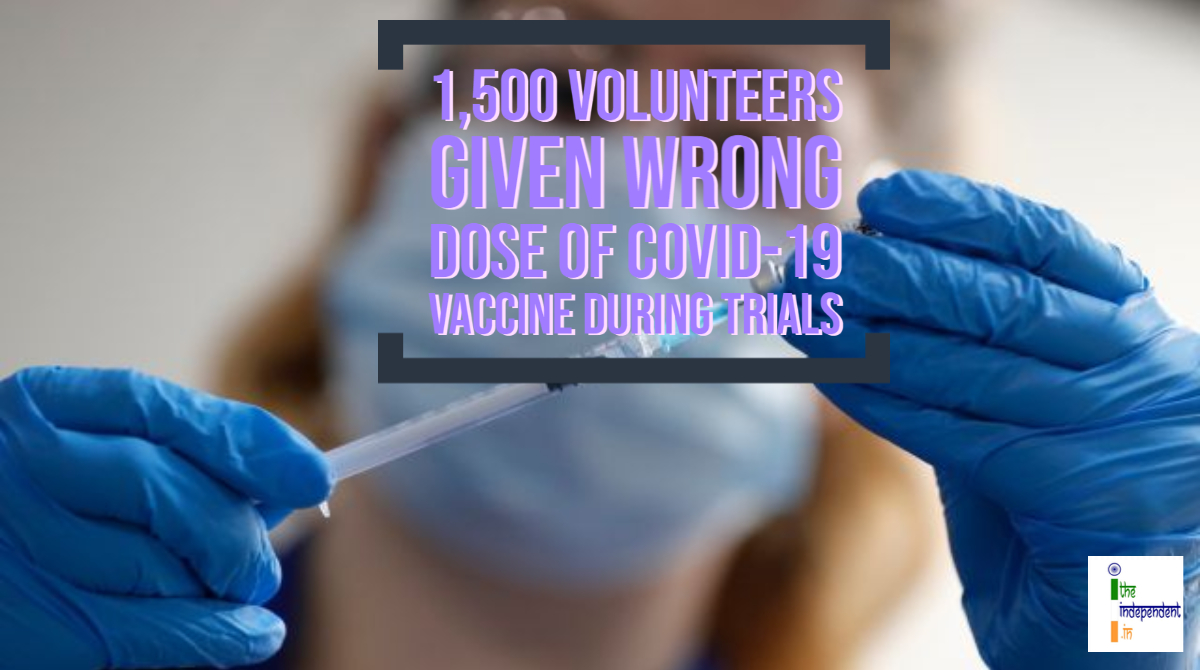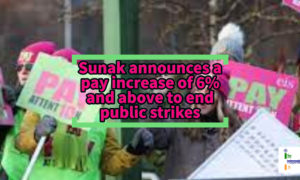
The trial participants for covid-19 vaccine had been given lower doses than planned
As per the documents obtained by the wire agency Reuters, around 1,500 volunteers in the late clinical trials of AstraZeneca-Oxford Coronavirus (COVID-19) vaccine were given wrong dose of the vaccine.
These volunteers were not informed that a mistake has been made. Instead, the dosing mishap was presented to them in a letter dated June 8, 2020 as an opportunity for University of Oxford researchers to learn how well the vaccine works at different doses.
However, the letter did not acknowledge any error. Nor did it disclose that researchers had reported the issue to British medical regulators, who then told Oxford to add another test group to receive the full dose, in line with the trial’s original plan. The letter was signed by the trial’s Chief Investigator and Oxford Professor, Andrew Pollard.
Reuters obtained the letter from the University through a Freedom of Information request with 3 different experts in medical ethics. The ethicists all said it indicates the researchers may not have been transparent with trial participants.
Speaking on the occasion, the Spokesman for Oxford – Steve Pritchard told Reuters, “The half-dose group was unplanned, but we did know in advance that there was a discrepancy in the dose measurements and discussed this with the regulators before dosing and when the dosing was revised.”
The vaccine’s late-stage clinical trial began on May 28, 2020. Within days, the researchers realised trial participants had been given lower doses than planned after they displayed milder than expected side effects, such as fever and fatigue. They immediately informed the British medical regulators.
On June 5, 2020, the researchers amended the trial protocol at the request of regulators to add a new group that would receive the correct full dose of the vaccine. Three days later, they alerted trial subjects to what they called “recent changes in the study” in a two-page letter attached to an updated 13-page Participant Information Sheet.
The Founding Head of the Division of Medical Ethics at New York University Grossman School of Medicine – Arthur Caplan said, “They are not clear at all about what they need to be clear about – what’s going on, what they knew, the rationale for undertaking further research.”
Earlier on December 24, 2020, Reuters reported that participants were given about a half-dose, due to a measuring mistake by Oxford researchers. The Health Research Authority, a British Government agency responsible for approving medical research and ensuring it is ethical, said in a statement that changes to the study design and the letter sent to participants were approved by one of its ethics committees.
While AstraZeneca’s vaccine has already been approved by European Union (E.U.), United Kingdom (U.K.) and India, questions around the clinical trials continue to plague the vaccine. Last week, Germany announced that it should not be given to people aged above 65. The E.U. has also lowered its reported efficacy rate from 70.4% to 60%. In both cases, authorities cited a lack of sufficient data from the clinical trials.
Oxford had reported interim results in November that showed the efficacy rate for trial subjects who mistakenly received a half-dose and a subsequent full-dose booster shot was 90 percent, and that the rate for those who received two full doses was 62%. Combining data from the two dosing regimens resulted in an efficacy of 70.4%.
While authorizing the vaccine, the Medicines and Healthcare products Regulatory Agency (MHRA), accepted the pooled results, but did not approve administering the half-dose/full-dose regimen.







